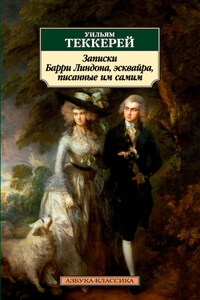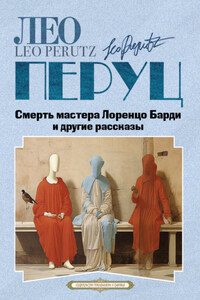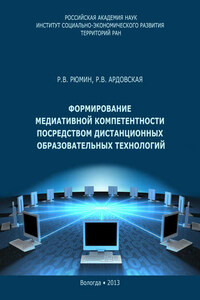On Christmas Day, 1891, my father presented me with his collection of "Ecclesiastical Jottings," as he called them, having previously had them handsomely bound in red leather. When he put them into my hands he expressed a hope that I should some day make a little book of them. Up to the time of his death he made frequent additions to the collection, and I have now gathered most of his stories together in "a little book," according to his wishes.
To read them is to lose so much; yet that is all that one can do now. Half their humour seems to have gone with the sound of his voice, the merry twinkle of his eye, and his own delight in them.
I cannot help hoping that they may serve to brighten the odd minutes of some other lives spent, as his was, in many labours.
There are some people to whom apologies seem due.
First, to those to whom a large number of these stories are already familiar. May I ask them to realise that the contents of this volume have been so familiar to me that it has been almost impossible for me to know which to throw away as chestnuts?
Secondly, I apologise to those whose appreciation of my father's goodness and piety is so great that they shrink from the contemplation of any other characteristics. To them I would, with great deference, suggest that they are putting on one side a large and important part of my father's character. No man, as I believe, walked more closely with his God, but his influence owed much of its power to the fact that he also walked in closest sympathy with men – sympathy not only with their tears but with their laughter – sympathy which begot, as it generally does, a keen sense of humour.
Thirdly, there are those who, possessing no sense of humour themselves, are fearful lest it should appear derogatory to their stupendous intellects to appreciate that gift in others. I was going to apologise to these also – but, on the whole, I think I won't.
Bishop Walsham How was the happy possessor of a nature essentially sunny. Deeply pious from his childhood onwards, his piety was neither of that morose, narrow, gloomy description met with among some people, nor was it of that gushing, uncertain, hysterical kind occasionally found among others. He was happy because he was good. His simple joyous life was a song of praise to his Creator, like that of a bright spring day. He rejoiced in the Lord alway. No one who knew him could fail to be struck with this all-pervading note in his character. No matter what the anxiety, no matter what the trouble, he was always ready to turn his face to the Sun and be gladdened by the Light.
A quality on a slightly lower level, but having its own part in helping to sustain his sunniness of disposition, was his keen sense of humour. He never could help seeing the funny side of things. A visit to some dreary and neglected parish in East London would sadden him, but the ready answer of a street boy, or the good story told him by a fellow traveller in train or tram, would not fail to be appreciated, and would give him something cheery to talk about when he got home.
Surely this sense of humour is in some way closely allied with the power of sympathy. This is apparently true in the case of men. Women must be considered from a different point of view, for, while the world would be but a poor place bereft of their sympathy, they have for the most part but little sense of humour. Occasionally one meets with a supposed exception, but even then one is liable to be deceived. It is natural to all women to wish to please, and sometimes an apparently humorous disposition is the result of consummate acting. A lady was staying with a large house party at a country house, and gained a great reputation by her power of telling amusing stories with a vast appreciation of their fun. It was noticed that other people's stories were received by her with remarkable gravity, and seldom called forth her laughter. This was ascribed by some to jealousy, by others to a limited sense of humour. At last the true explanation was forthcoming. An accident revealed the fact that every story she heard was carefully noted, and entered afterwards in a book, with the place and date where it was told. Hence the grave attention with which she listened. It was not the fun that attracted her, but the opportunity of adding to a store of anecdotes from which a selection was carefully rehearsed day by day in her bedroom, to be let off like a number of little set pieces for the amusement of the company and her own glorification.
Bishop Walsham How entered most of the amusing incidents and stories he met with in a notebook, but his sense of humour was very different from that of the lady mentioned above. There was no lack of spontaneity. It was part and parcel of himself, and he would never have been the man he was, or had the influence he possessed, without it.
Although far more men than women seem to have this sense, yet every one must be familiar with some few of those unfortunate people in whom it is lacking. Let a man think of his schooldays. There were masters who








